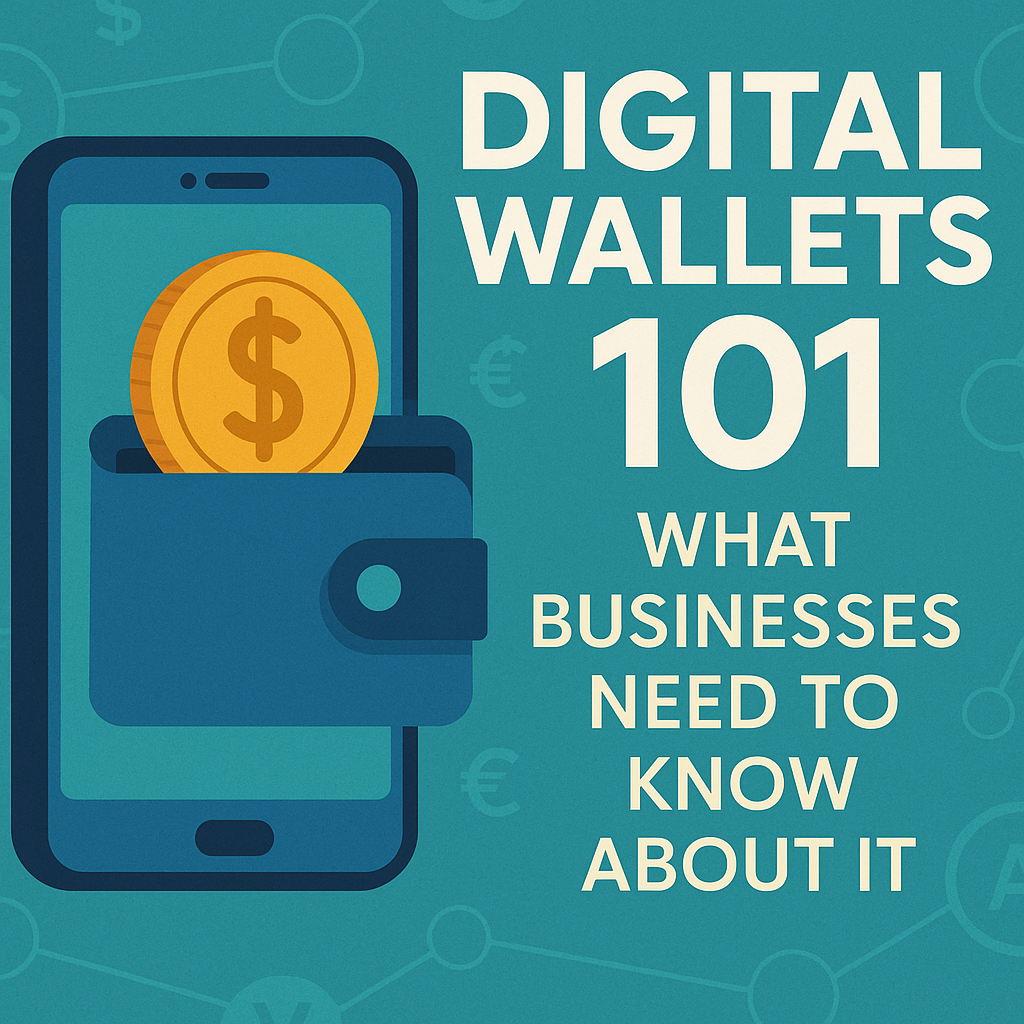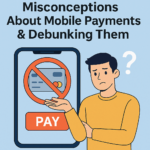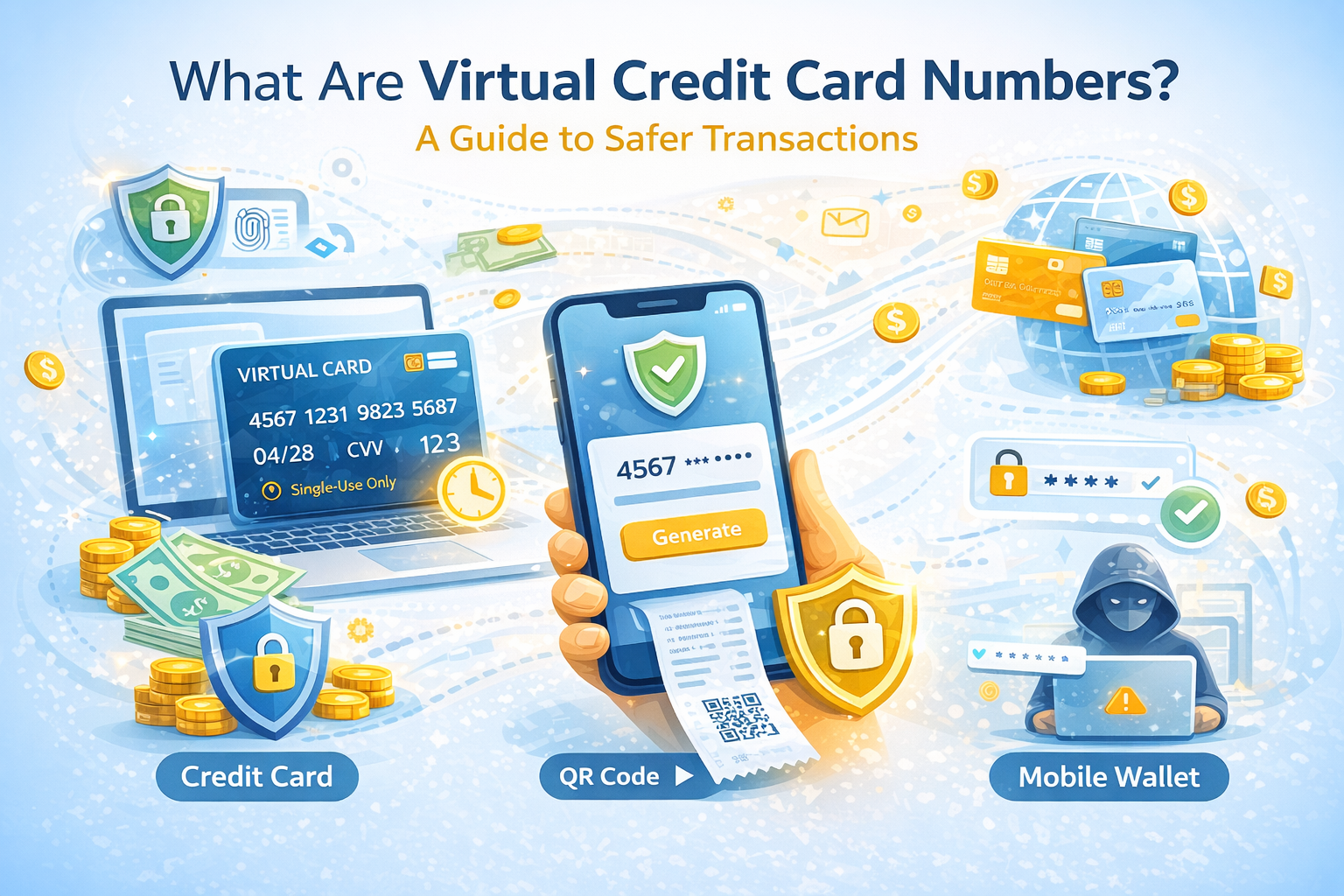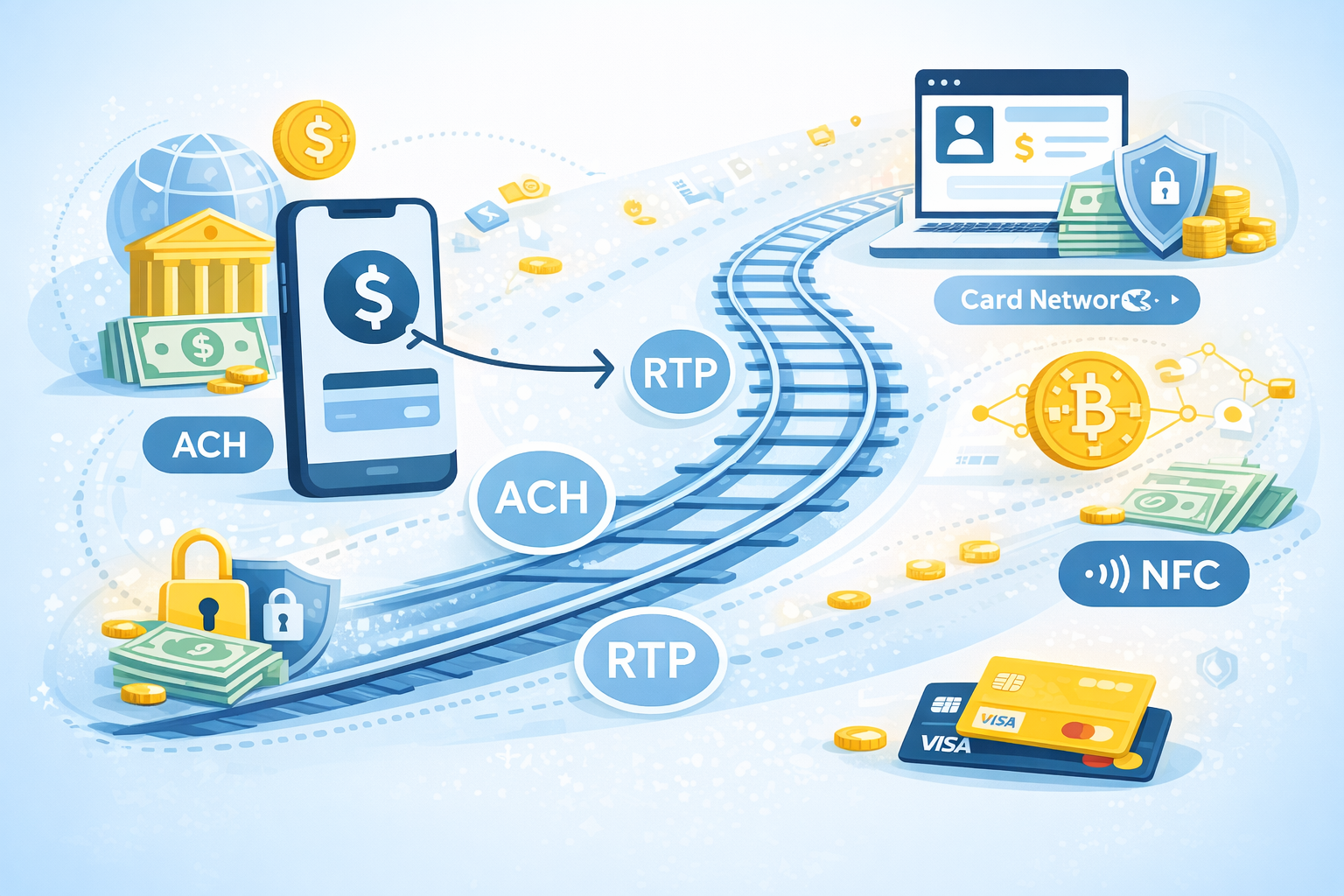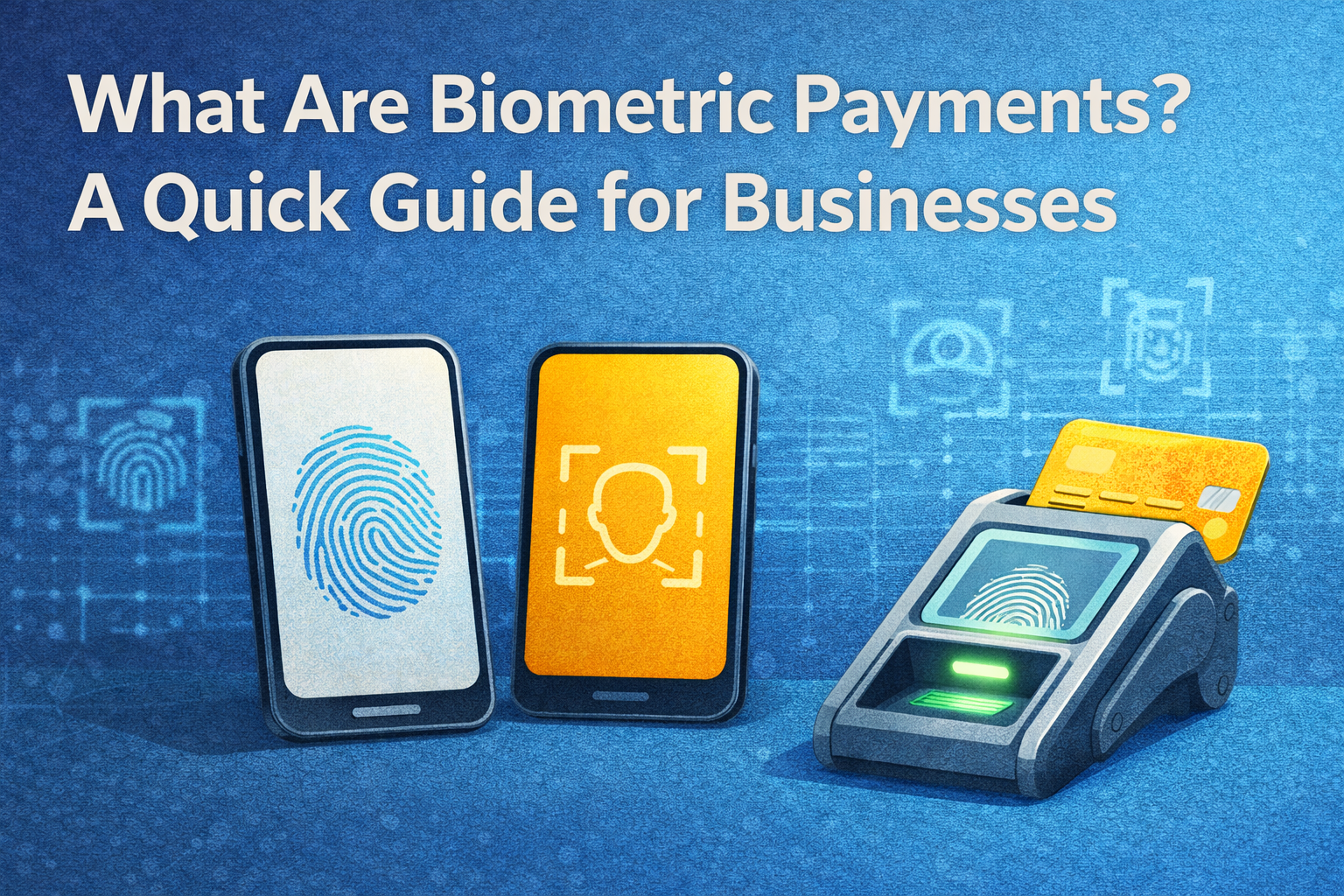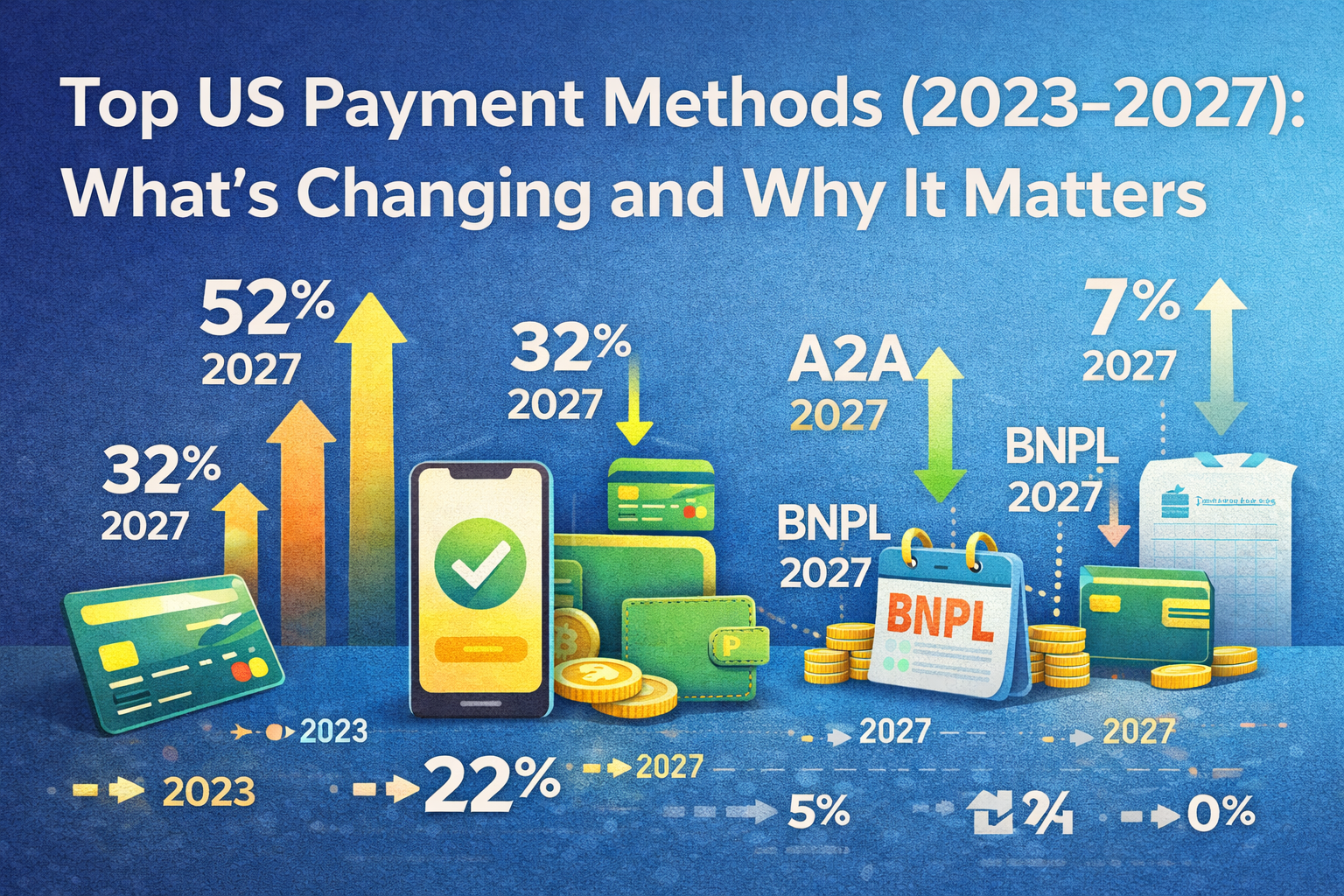Digital wallet usage is more than just a trend—it’s quickly becoming the preferred method for making purchases, whether online or in-store. Shoppers are increasingly seeking secure payment options that offer speed and convenience. This is where digital wallets play a crucial role. But what exactly are digital wallets, and how can your business begin to accept them? Let’s explore this further.
What Are Digital Wallets?
A digital wallet is an e-wallet or a virtual purse that allows clients to keep credit card or money information on their mobile phones. Rather than bearing cash or paper credit cards, consumers just have to tap, scan, or click to receive a purchase.
Digital wallets are linked with payment processing systems, making sure that transactions are secure and seamless. Some of the many well-known digital wallets are:
- Apple Pay
- Google Pay
- Samsung Pay
- PayPal
- Venmo
Types of Digital Wallets
Not all digital wallets are the same. Businesses should be aware of the different types before implementing a payment solution:
- Closed Wallets – These are issued by specific companies and can only be used for transactions within that company (e.g., Starbucks Rewards, Amazon Pay).
- Semi-Closed Wallets – These can be used at multiple merchants that have contracts with the wallet provider (e.g., Paytm, Venmo).
- Open Wallets – These allow users to make purchases anywhere, withdraw cash from ATMs, and transfer money (e.g., Apple Pay, Google Pay, PayPal).
How Do Digital Wallets Work?
Digital wallets operate by securely storing payment credentials, such as credit card details, bank account information, and even cryptocurrencies. When a transaction is initiated, the wallet uses payment processing systems to encrypt and transmit data safely.
Most digital wallets rely on the following technologies:
Near-Field Communication (NFC)
NFC is a contactless technology that enables two devices to communicate when they are close together. This is how Apple Pay and Google Pay work—users simply hold their phones near a payment terminal to complete a secure payment.
Magnetic Secure Transmission (MST)
MST mimics the magnetic strip of a credit card, allowing users to pay at traditional card swipe terminals. While less common than NFC, MST offers an alternative for businesses without upgraded terminals.
QR Codes
Quick Response (QR) codes are another way to facilitate online payment for businesses. Customers scan a merchant’s QR code to complete a purchase, making it an effective solution for both online and in-person transactions.
Are Digital Wallets Safe?
Security is a top priority for both businesses and consumers. Fortunately, digital wallets offer multiple layers of payment security, such as:
- Encryption – Protects payment data from cyber threats.
- Tokenization – Replaces sensitive card details with unique tokens.
- Biometric Authentication – Uses fingerprint or facial recognition for added security.
Because of these safeguards, digital wallets are often considered safer than traditional credit card transactions.
How to Accept Digital Wallet Payments
It is simpler than you imagine to get your business set up to accept digital wallets. Here’s the easy step-by-step process:
- Upgrade Your Payment Terminal: Make sure your point-of-sale (POS) terminal accepts NFC payments.
- Deal with a Payment Processor: Select one that supports digital wallets.
- Enable QR Code Payments: If NFC is not an option, QR codes are a good alternative.
- Educate Your Staff – Train employees on how digital wallet payments work to assist customers.
- Promote It to Customers – Let shoppers know they can use digital wallets at your store through signage and marketing.
Benefits of Digital Wallet Payments for Businesses
Accepting digital wallets isn’t just about keeping up with trends—it offers real advantages, such as:
- Quicker Payments – Shorten checkout times using rapid payment processing systems.
- Improved Security – Reduced fraud exposure through encrypted transactions and biometric authentication.
- Improved Customer Experience – Consumers enjoy the ease of tapping or scanning to pay.
- Increased Sales Potential – Most customers prefer companies that provide safe payment options.
- Less Reliance on Cash – Digital payments reduce the need to handle and store cash.
What Types of Hardware Do Businesses Need to Accept Digital Wallet Payments?
If you’re ready to start accepting digital wallets, you’ll need the right hardware:
- NFC-enabled POS terminals – Devices like Square, Clover, and Shopify POS can process contactless payments.
- QR Code Displays – These can be physical (stickers, signs) or digital (screen-generated).
- Mobile Payment Readers – Small businesses can use Bluetooth-connected mobile readers to accept secure payments.
- Integrated Software Solutions – Many POS systems come with built-in digital wallet compatibility.
Conclusion
As online payments become more prevalent, digital wallet acceptance is a requirement for companies that want to keep pace with the times. Beyond offering an enhanced payment option, digital wallets reduce payment processing systems hassle and improve customer satisfaction. Upgrading your equipment and choosing the correct payment processing systems can enable your company to leverage the future of the business while maintaining payment security.

